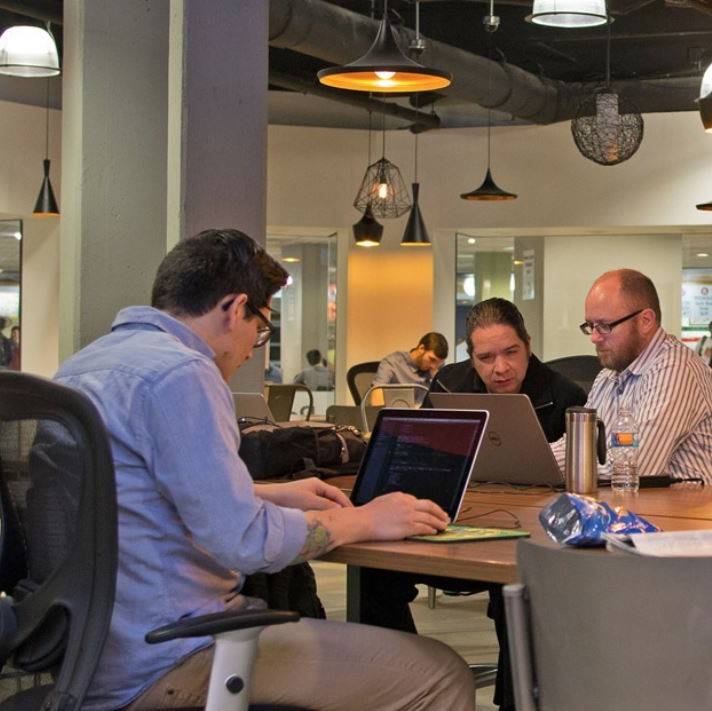December 2, 2022
Poor indoor air quality is a threat to health, say people coming into the office
 A new poll claims that ‘hybrid employees’ in the UK are worried about how healthy their work environments are as we approach the winter season, with 53 percent saying they’re concerned poor air quality and ventilation will impact their general health, rising to 70 percent amongst London-based hybrid workers. The survey of 2,000 UK people by OnePoll, on behalf of Infogrid, claims that hybrid workers are facing a Catch-22 moment as we enter the colder months; balancing worries over the cost of working from home with concerns about their own wellbeing in the office as a result of poor indoor air quality. More →
A new poll claims that ‘hybrid employees’ in the UK are worried about how healthy their work environments are as we approach the winter season, with 53 percent saying they’re concerned poor air quality and ventilation will impact their general health, rising to 70 percent amongst London-based hybrid workers. The survey of 2,000 UK people by OnePoll, on behalf of Infogrid, claims that hybrid workers are facing a Catch-22 moment as we enter the colder months; balancing worries over the cost of working from home with concerns about their own wellbeing in the office as a result of poor indoor air quality. More →




































December 6, 2022
Flexible working should be the norm for as many people as possibe
by Heejung Chung • Comment, Flexible working